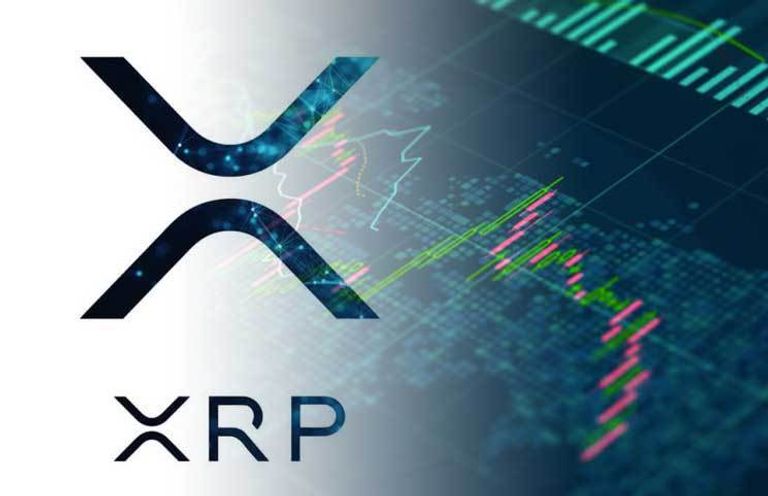The new Fund Location Act applies from today: From now on, special funds in Germany are allowed to invest 20 percent of their capital in crypto assets.
The Fund Location Act (FoStoG) came into force on August 2nd. The legislative package contains numerous innovations that are intended to advance Germany as an investment location. The crypto market could also benefit from this. Above all, special funds should be able to invest up to 20 percent in crypto currencies in the future. Special funds are an asset class that is normally excluded from public trading and tailored to institutional investors – for example companies, pension funds or insurance companies. As a rule, they only have one single Anlerger: in. This has the advantage that it is possible to react flexibly to changes in the market. Special funds can, for example, take the form of a pure equity fund, a real estate fund or a hedge fund. The most common in this country, however, are mixed securities funds.
FoStoG opens a powerful source of money for BTC and Co.
Noisy Data The Bundesbank has over 4,300 such special funds in Germany – as of June 2021. With around 2,400, mixed securities funds make up the largest share. While their name suggests that special funds are an exception, they are – measured by the assets under management – one of the (ge) most important asset classes in Germany. In May 2021, the assets of the special funds totaled over two trillion euros. For comparison: their publicly accessible counterparts, the mutual funds, manage “only” around 632.5 billion euros.
Because the special funds according to the Fund Location Act may in future invest up to 20 percent in BTC and Co., the crypto market will have a new gateway for institutional capital. Measured against the Bundesbank’s figures, 20 percent means 400 billion euros that special funds could pump into the crypto market if they wanted. Against the background that BTC was the most profitable asset of the past decade, many special funds are likely to make use of the new option.
Light and shadow: the latest advances in crypto regulation
For Sven Hildebrandt from the Hamburg-based blockchain consulting firm Distributed Ledger Consulting GmbH, the Fund Location Act is definitely a welcome step forward. However, another legislative proposal is causing Hildebrandt a headache, namely the BMF draft for the taxation of crypto currencies. Speaking to BTC-ECHO, the CEO expressed concern that the government might tear down what was previously built with their hands.
The Fund Location Act is a big step in the right direction – after the crypto custody license, Germany has once again demonstrated pioneering spirit. It is now important not to reduce the good decisions in some areas to absurdity by making bad decisions in other areas. For example, the current status of the crypto value transfer ordinance is impractical and the BMF circular on the taxation of crypto currencies impressively shows, especially with holding periods, that this was written by someone who is little familiar with the subject. But I assume that in this case too, the corrective action through the associations will take effect. It’s just a shame that you don’t finally start talking BEFORE with people who are familiar with the topic. It would be so easy if you only wanted to.
Sven Hildebrandt, CEO Distributed Ledger Consulting
Hildebrandt is by no means alone with his criticism of the initiative by the Federal Ministry of Finance. In the crypto space there is broad consensus that the BMF draft in its current form endangers the burgeoning crypto location Germany.
- XRP Breaks Months-Long Consolidation: What Does This Mean for the Price? - January 13, 2025
- Elon Musk warns: His plans for the dollar could delay Bitcoin’s price rise - January 10, 2025
- Is the Bitcoin bull market over? Not according to this analyst - January 10, 2025

























